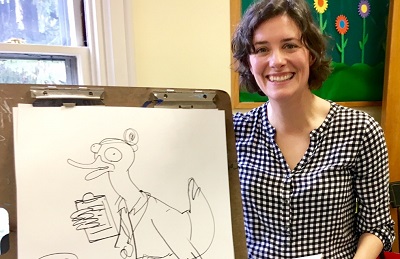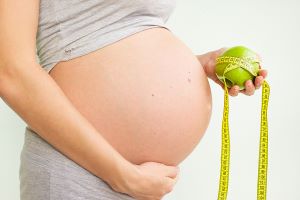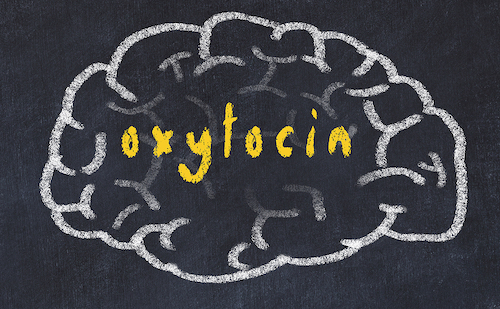November 6, 2020
by Elizabeth Pratt

Americans living in a state that favours the losing candidate of the US Presidential election might experience a decline in their mental health.
A study from researchers at UC San Francisco and Duke University used data from 500 thousand people during the 2016 Presidential election to examine mental health indicators.
Americans who lived in states that favoured Hillary Clinton experienced an extra half-day of poor mental health on average during the month after the election.
[More]
November 6, 2020
by Tina Arnoldi

Recently, Vermont’s Center for Cartoon Studies released “Let’s Talk About It: A Graphic Guide To Mental Health”, a 24-page comic book geared toward middle and high school students. Cara Bean, a cartoonist and art educator who collaborated on this project, shared her experience with this project.
[More]
November 3, 2020
by Patricia Tomasi

A new study published in the Journal of Child Psychology and Psychiatry looked at maternal prenatal body mass index (BMI) and human fetal brain development. “Given knowledge that the physical well-being of a mother during pregnancy is important for the long-term brain health of her child, we sought to discover whether and how maternal body mass index may relate brain development in the womb,” senior study author, Dr. Moriah E. Thomason told us.
[More]
November 2, 2020
by Kimberly Lucey

Millions of Americans suffer from chronic pain, a condition that has contributed to the opioid epidemic in the United States for the past three decades, costing the country billions of dollars and hundreds of thousands of lives. Now, a groundbreaking new study is showing yoga, meditation, and other forms of mindfulness-based stress reductions may help patients manage that pain.
[More]
October 31, 2020
by Elizabeth Pratt

The “love hormone” oxytocin can occasionally have anti-social effects depending on where in the brain it is created.
Oxytocin, a hormone that can regulate prosocial behaviors like trust, bonding and empathy has also been demonstrated to play a role in anti-social behaviors like envy, anxiety and reduction in cooperation.
How the hormone could have such opposing roles has long remained a mystery, but researchers from UC Davis have uncovered how this might happen.
[More]
October 30, 2020
by Elizabeth Pratt

Americans are overwhelmed with multiple sources of stress.
According to the American Psychological Association (APA), the United States is facing a national mental health crisis that could have consequences well into the future.
[More]
October 29, 2020
by Elizabeth Pratt

Gen Z are experiencing increased stress levels due to uncertainties in their future.
The American Psychological Association’s annual Stress in America Report for 2020 found that Gen Z adults aged 18-23 reported the highest stress levels in the month prior at an average of 6.1 out of 10.
[More]
October 27, 2020
by Patricia Tomasi

A new study looked at the treatment of insured children (average age 12) after they experience a first mental health episode. Most of these children were experiencing anxiety or depression. “We looked at the treatment of these children received in the three months after the incident and focused on whether they had received any follow-up care in that interval, whether they received any therapy, and the types of drugs they received if they received drugs,” study author Janet Currie told us.
[More]
October 23, 2020
by Tina Arnoldi

Despite some detrimental impact on vulnerable individuals, a recent survey did not find a large increase in loneliness as a result COVID-19. Instead, they found remarkable resilience in response to it. Some participants perceived more social and emotional support during the pandemic.
[More]
October 20, 2020
by Patricia Tomasi

Infertility is defined as a person not being able to conceive or become pregnant after one year of unprotected sex. About one in six couples in Canada experience infertility. According the Centers for Disease Control and Prevention, in the United States, about 12 per cent of women aged 15-44 have difficulty becoming pregnant. Mental health struggles can follow a couple’s journey of attempting to become pregnant. Studies have shown that after one year of infertility, a woman is twice as likely to become depressed. Research has also shown that high anxiety can deter a woman’s changes of becoming pregnant. A new study published in PLOS One looked at the psychological impact of fertility treatment suspensions during the COVID-19 pandemic.
[More]